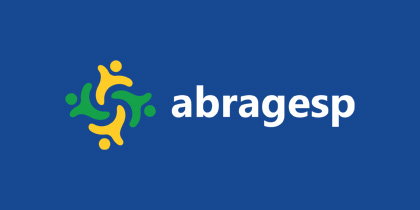Ética da Responsabilidade, Melhoramento e Doping: Uma visão com base nos estudos de Hans Jonas
Keywords:
doping, hans jonas, enhancement, sport, Ethics of ResponsibilityAbstract
The ethical challenge of our time is to transcend present concerns and focus on a future that is often distant and unpredictable. This paper aims to analyze the theory of the ethics of responsibility, developed by philosopher Hans Jonas, and assess its applicability to the world of sports, particularly in cases involving doping and genetic enhancement of athletes. Through this analysis, the goal is to understand how the ethics of responsibility can provide a normative framework capable of addressing emerging moral issues in contemporary sports. The theory is a response to the negative consequences of technology and scientific progress, which considers that human triumph over nature requires responsibility for the acts performed. One of Jonas's main contributions to ethics is his emphasis on the importance of nature and the environment. He argues that preserving nature is an ethical responsibility, as the destruction of nature can have irreversible consequences for humanity. Another vital contribution of Jonas to the ethics of responsibility is his defense of the need for action-oriented ethics. For him, ethics should not be just a set of principles and values but a way to guide human action. This means that ethics should be practical and applicable, guiding the decisions and actions of individuals in the real world. Indeed, as long as the preservation of the environment has as its central objective the maintenance of our existence, the anthropocentric character of ethics will still be present. Nevertheless, thinking of an ethical theory that places nature as our responsibility is undoubtedly an innovation in this area of knowledge. In the sports world, such a theory can be perfectly related to cases of doping and enhancements aimed at creating super athletes. The conclusion is that mechanisms that result in undue advantage to athletes are considered cheating and should be combated, as this is the rule in force. But it is a fact that the debate about genetic enhancement and its use in high-performance sports should be discussed under the aegis of a new ethic that has as a parameter not only the "here and now" but also considers that technological society should be responsible for future generations and for the entire planet. Hans Jonas's theory of the ethics of responsibility presents an innovative and relevant ethical approach to the challenges faced by humanity today. His emphasis on human responsibility in relation to the future, nature, and society as a whole has important implications for various fields of knowledge and social practice, and can contribute to the construction of a more just, egalitarian, and sustainable world.







